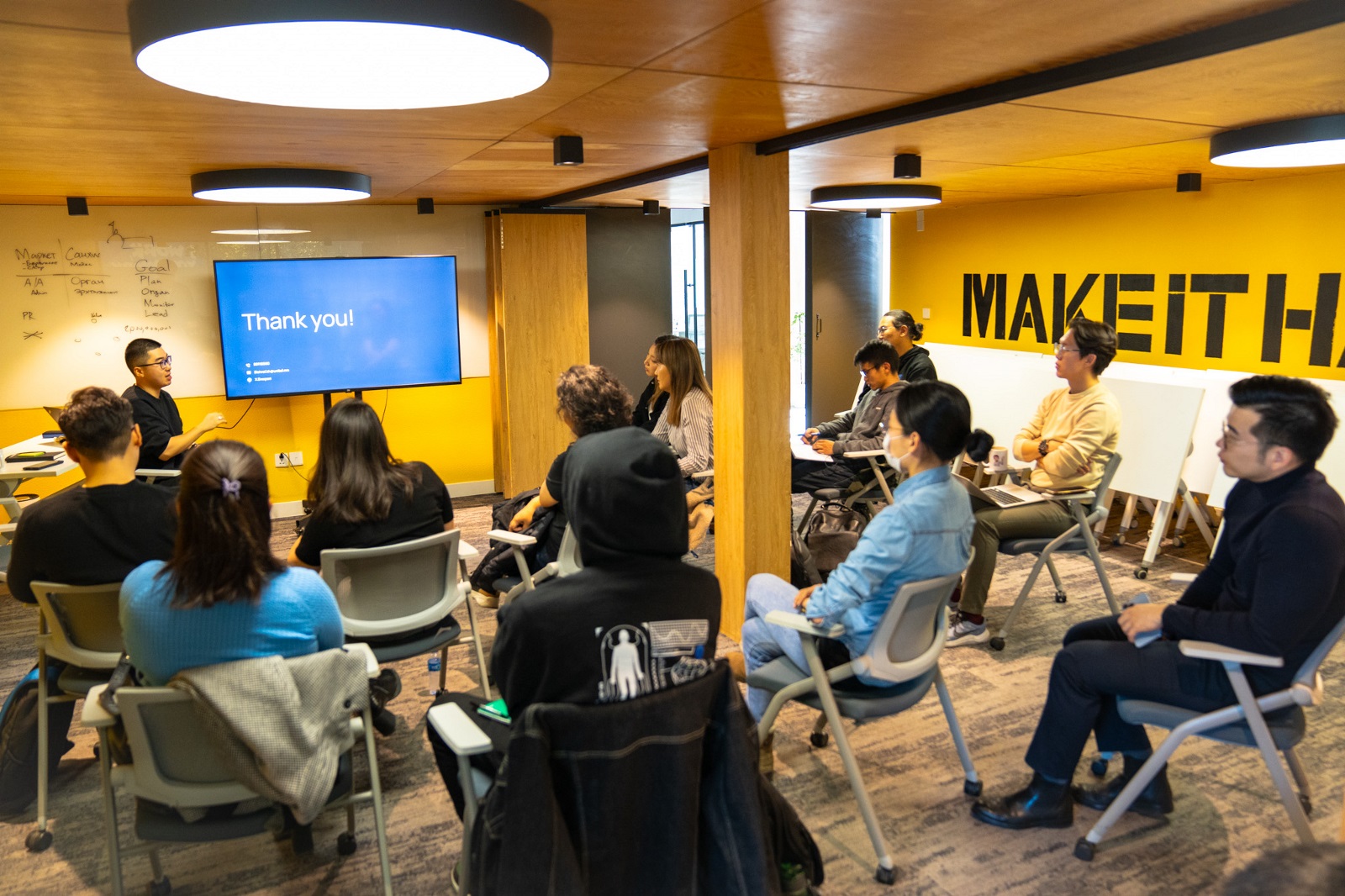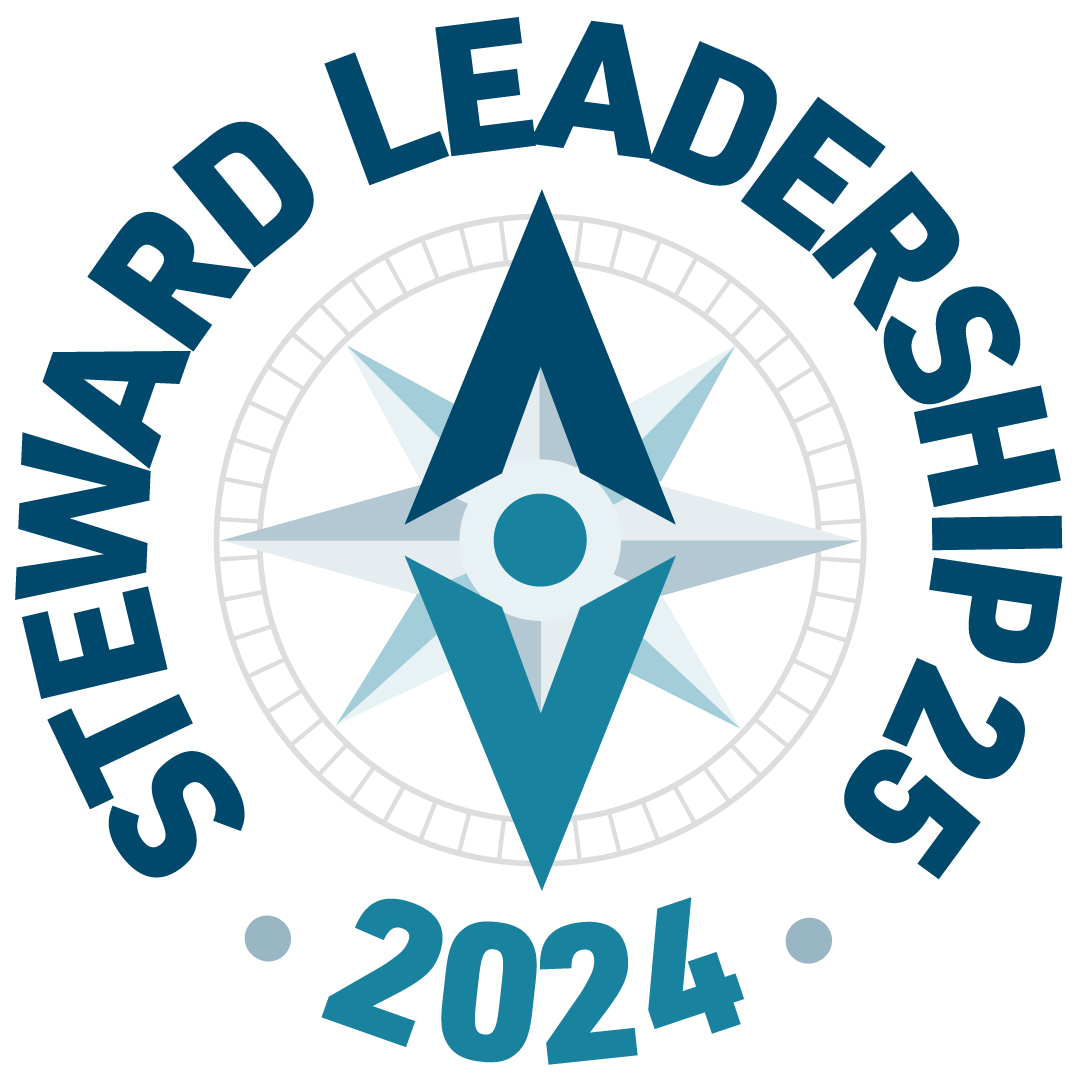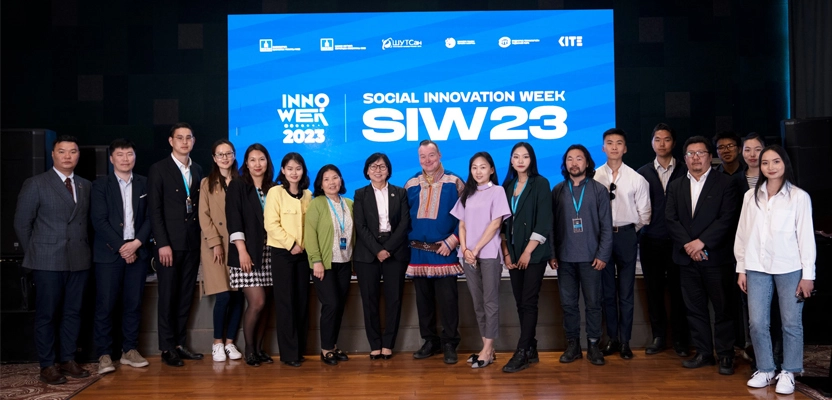Mongolia’s first social innovation accelerator merges technology and entrepreneurship to tackle socioeconomic challenges.
Socioeconomic challenge
In Mongolia, about 10% of youth face poverty and female labour force participation is just 46% (World Bank, 2023). KITE SEI addresses these socioeconomic disparities and challenges in Central Asia, focusing on youth unemployment and gender inequality. The project seeks to foster philanthropic investment and build a sustainable social entrepreneurship ecosystem across Mongolia and Central Asia.
Purpose and strategy
As Mongolia’s first social innovation accelerator, KITE merges technology and entrepreneurship to address societal challenges. The initiative mobilises private and donor funding, facilitates regional knowledge exchange and provides development support to social enterprises. It addresses a critical gap in nurturing social enterprises and setting new practices both locally and regionally. So far, KITE SEI has empowered nearly 60 startups and social enterprises with grants and guidance to develop scalable solutions.
Through its media arm, KITE+ promotes social issues and young entrepreneurs with projects such as the Mongolia Youth Series and supports youth in the creative industry through sponsoring events in animation, gaming and movies by young directors, including the award-winning feature movie “If Only I Could Hibernate.”

Impact and innovation
KITE SEI’s approach is tailored for emerging markets where standard practices for supporting social enterprises are lacking and the ecosystem is still developing. Unlike conventional models, the approach supports both technology startups and social enterprises, integrating grassroots initiatives with potential for growth tech startups and aiming to influence startup ecosystem policies through collaborations with government organisations and NGOs.
In 2023, they launched a pilot project with JICA that helped local startups raise MNT 916 million (USD 250,000).
The project attracted diverse funding sources, including contributions from corporates, KITE itself and the startups’ own resources.
Building on this success, KITE plans to double its implementation grants in 2024-2025 to support projects focused on youth skills, smart platforms for employment opportunities and a sustainable environment. Their strategy is to develop a financial model that shifts from relying on small grants to establishing a dedicated facility for social entrepreneurship, supported by international development organisations.
Future outlook
Over the next 24 months, KITE SEI aims to expand its impact locally and internationally.
Key initiatives include offering implementation grants for skills for youth, smart platforms for employment opportunities and sustainable environment projects to support 40 startups—20 in Mongolia and 20 in Central Asia—over two years, with plans to extend this model across Central Asia starting in 2025. It will expand the acceleration programme to three countries, providing enhanced workshops with support from Singaporean partners and mentorship from international postgraduate students. Lastly, it will advance policy research and advocacy, including drafting a policy recommendation paper and organising knowledge exchange trips to Singapore for government officials and social enterprises. These efforts will drive its mission to create a better future for stakeholders, society and the environment in Central Asia.

KITE Mongolia is a pioneering social innovation accelerator dedicated to addressing socio-economic and environmental challenges in Mongolia and Central Asia. By promoting social entrepreneurship, technology, and co-creation, KITE supports startups and social enterprises in developing scalable solutions for issues like youth unemployment, gender inequality, and climate change. Through partnerships with corporations, NGOs, and government entities, KITE fosters collaboration and drives sustainable development. With a strong focus on capacity building, KITE is committed to creating lasting social and environmental impact in the region.
Learn more about KITE Mongolia through their website. To collaborate or connect, reach out directly to our SL25 team.
Connect














